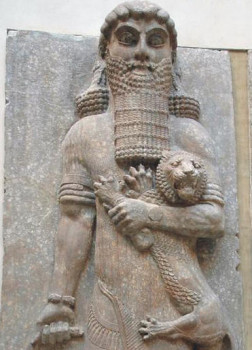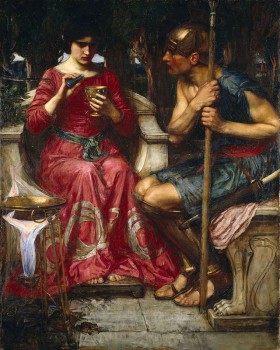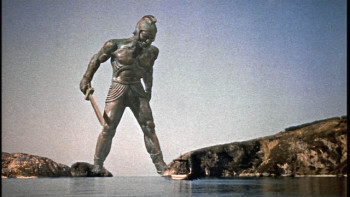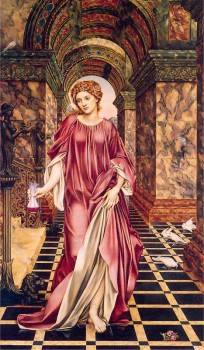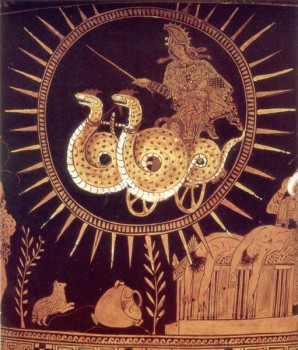National Just Write Something Month
 I hope you’ll forgive me for stepping off topic this week. We’ll return to Gilgamesh soon, but today, I wanted to talk to you about something different.
I hope you’ll forgive me for stepping off topic this week. We’ll return to Gilgamesh soon, but today, I wanted to talk to you about something different.
Writing. The process, not the product, which is what I usually blog about here at Black Gate. I’m surrounded by true professionals and artists here, so it feels like hubris to presume upon the subject. But as that has rarely stopped me before, I shall forge ahead.
Many of you reading this have heard of NaNoWriMo, or National Novel Writing Month. For those who haven’t, the idea is that if you write 1,666 words a day for every day of November, you’ll end up with fifty thousand words, or, in some genres, a novel. The idea is that everybody does it in one giant nationwide frenzy, cheering each other on, swapping tips, hosting write-a-thons in which people chug coffee and type like the wind. Winning means getting fifty thousand words. They don’t have to be great. They don’t have to be good. They just have to be on the page.
